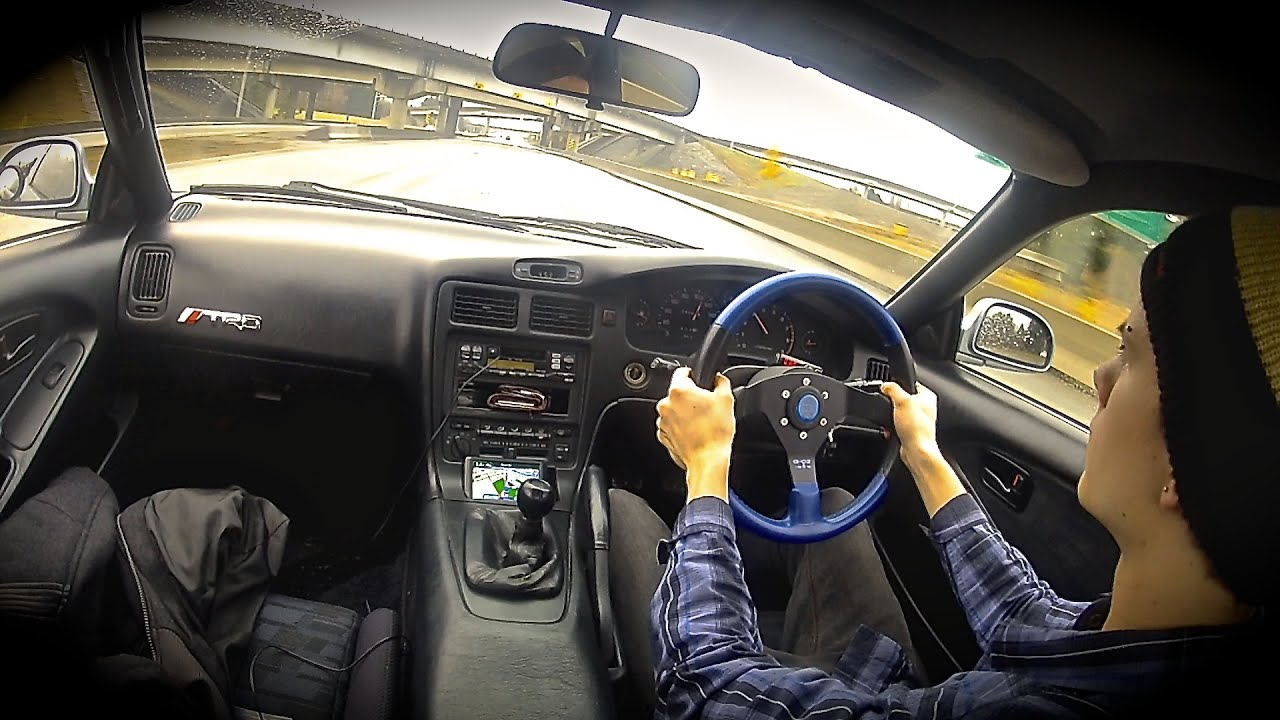Sierra Leone has recently enforced a ban on the import and use of right-hand drive vehicles, citing concerns that these vehicles contribute to 70 percent of road accidents in a country where left-hand drive is the standard. While the move has garnered support from some quarters, others are apprehensive about the impact on businesses accustomed to right-hand vehicles.
Background of the Ban
Minister of Transportation and Aviation Leonard Balogun Koroma implemented the ban to align with United Nations development goals and improve road safety in Sierra Leone. The ban, which officially came into effect on September 1, aims to transition from right-hand to left-hand driving, as per the country's road traffic regulation act of 2011.
Impact on Drivers and Businesses
Taxi drivers such as Salieu Sesay and Frank Coker voice apprehensions regarding the ban, shedding light on the difficulties encountered by drivers dependent on right-hand drive vehicles for their livelihood. Sesay expresses concern over the prospect of job loss if his employer fails to replace the right-hand vehicles, underscoring the precarious situation faced by drivers reliant on these vehicles. Similarly, Coker highlights the financial strain on drivers tasked with acquiring left-hand drive cars, emphasizing the significant investment required for such a transition. Their concerns underscore the tangible challenges confronted by drivers amidst regulatory changes, highlighting the need for comprehensive support measures to mitigate the adverse impacts of the ban on the taxi industry and ensure the livelihoods of drivers are safeguarded.
Road Safety and Compliance with UN Goals
Abdul Karim Dumbuya from the Sierra Leone Road Transport Authority underscores the safety risks associated with right-hand drive vehicles, citing visibility issues that contribute to accidents. The ban is a proactive step towards reducing road accidents and aligning with the United Nations' efforts to enhance road safety globally.
Public Reaction and Economic Impact
Business owner Yazid Rashid acknowledges the economic repercussions of the ban on his vehicle fleet but underscores the paramount importance of prioritizing road safety over financial considerations. Rashid's endorsement of the ban mirrors a prevailing sentiment among certain Sierra Leoneans who prioritize preserving lives and upholding international road safety norms. This stance highlights a commendable commitment to public welfare and underscores the significance of adhering to stringent safety regulations to mitigate road accidents and fatalities. Despite the economic challenges posed by the ban, Rashid's advocacy for road safety underscores the broader societal imperative of safeguarding human lives and promoting a culture of responsible driving and transportation practices in Sierra Leone.
Conclusion
Sierra Leone's ban on right-hand drive vehicles represents a significant policy shift aimed at improving road safety and aligning with global road safety initiatives. While the ban poses challenges for drivers and businesses accustomed to right-hand vehicles, the overarching goal is to create a safer road environment and reduce the high incidence of accidents caused by right-hand drive vehicles. By promoting left-hand driving and enhancing road safety measures, Sierra Leone is taking proactive steps towards achieving sustainable and safe transportation systems in the country.





